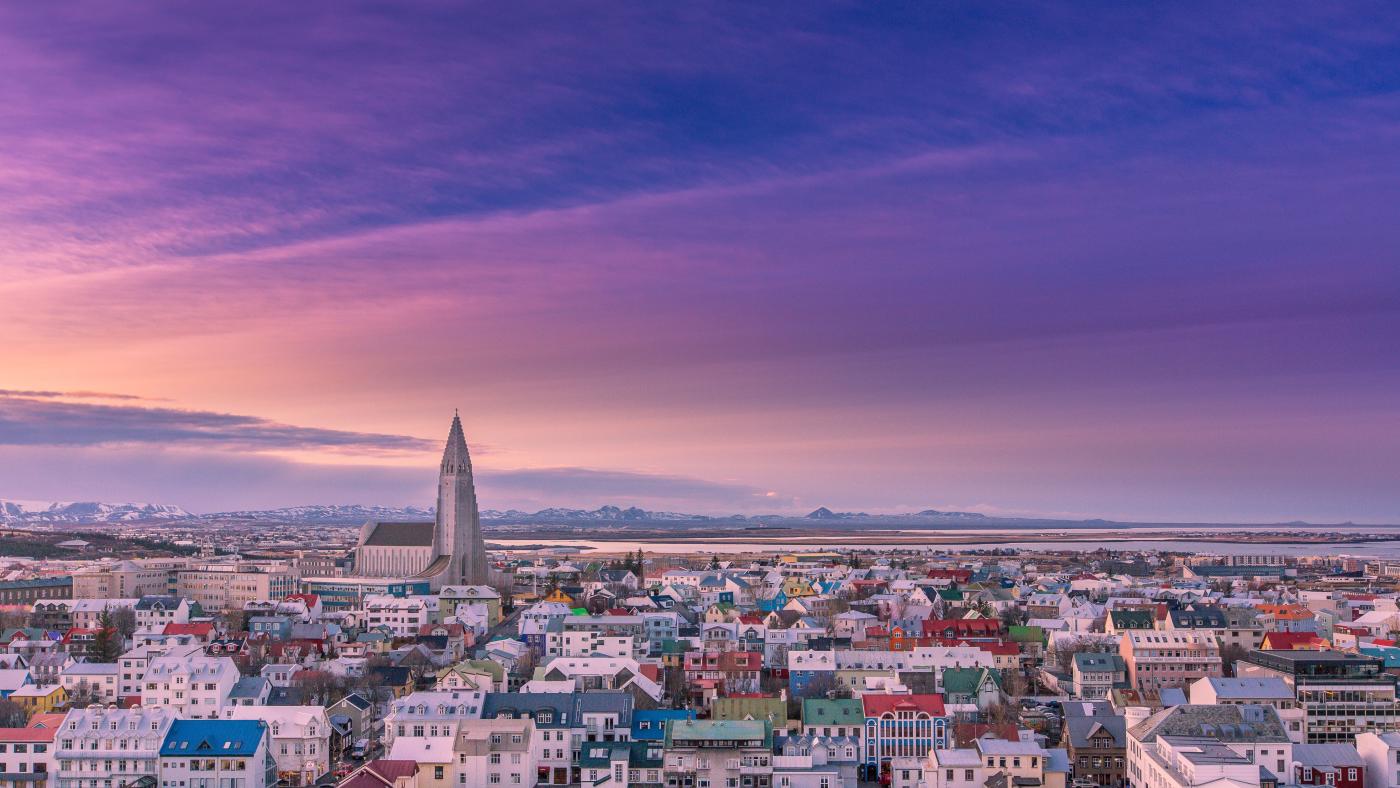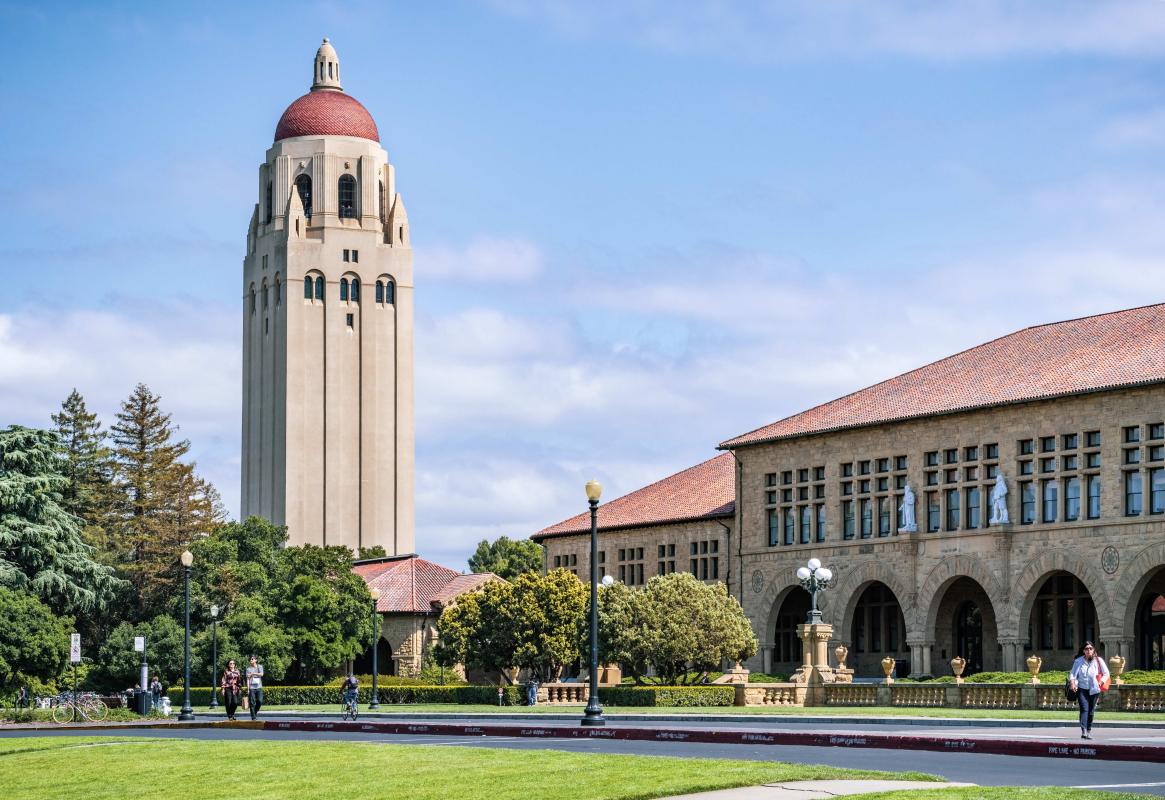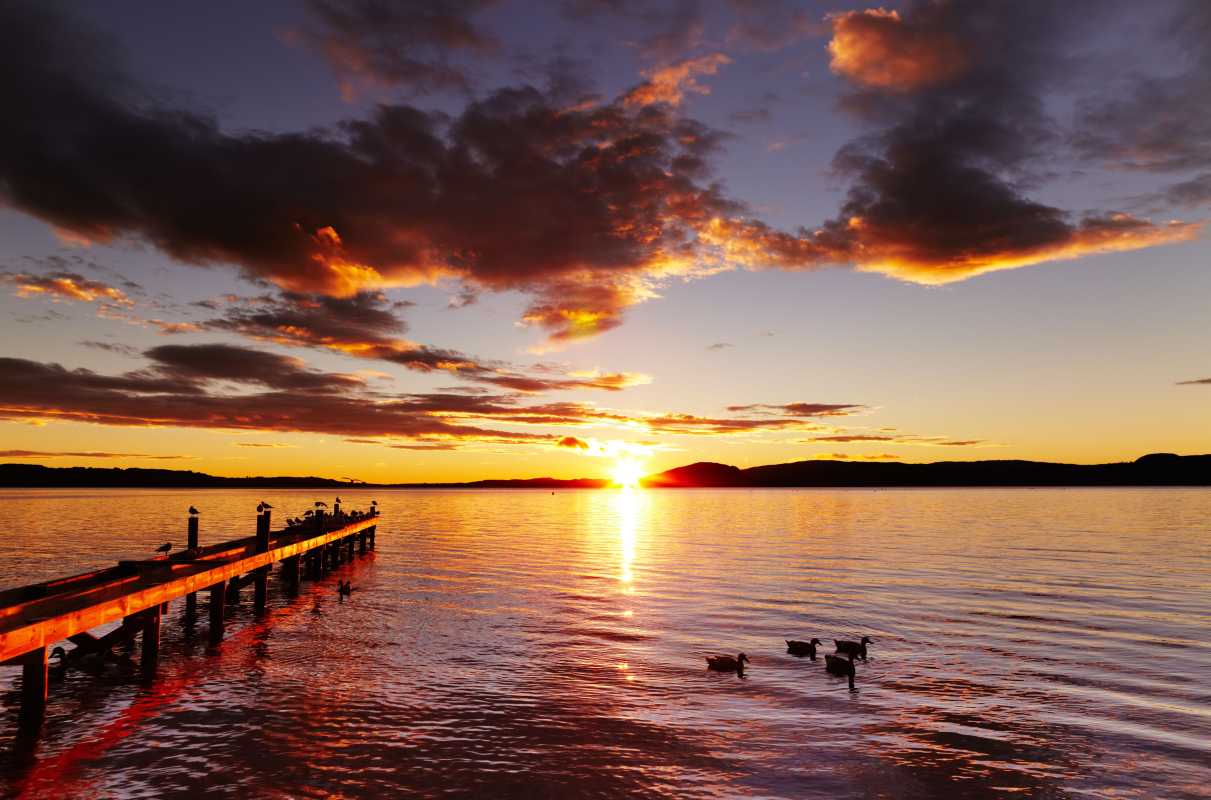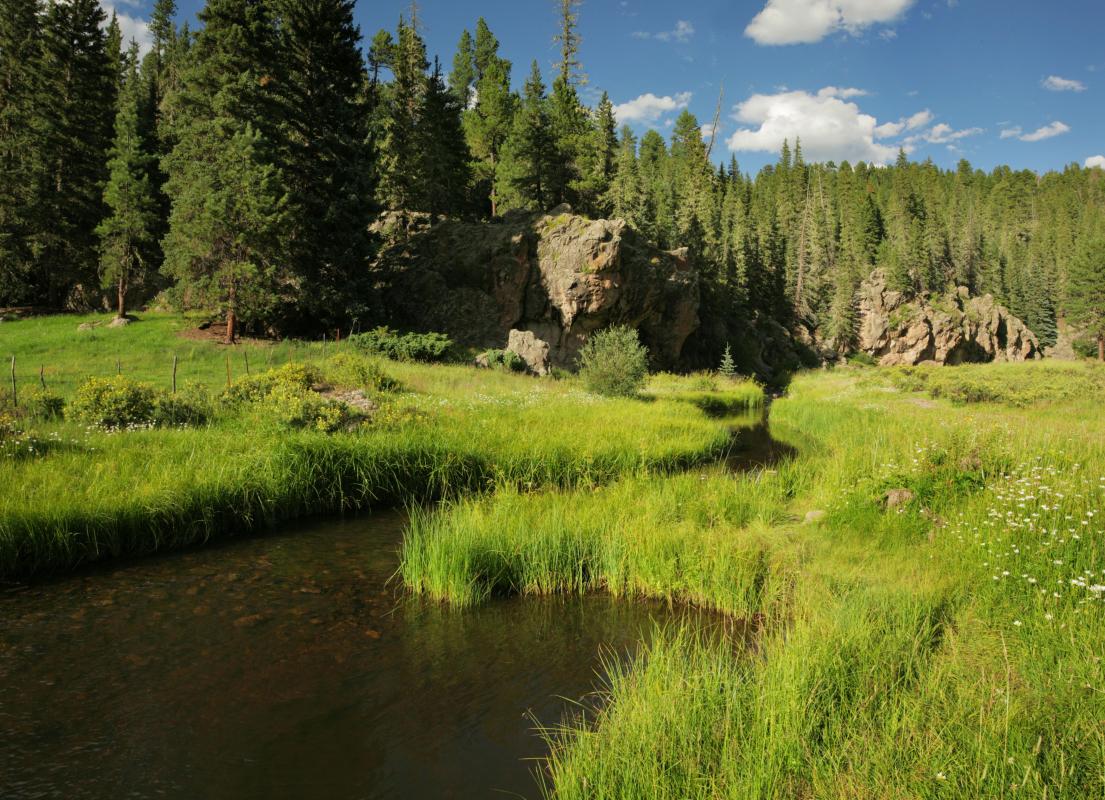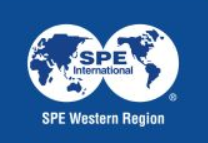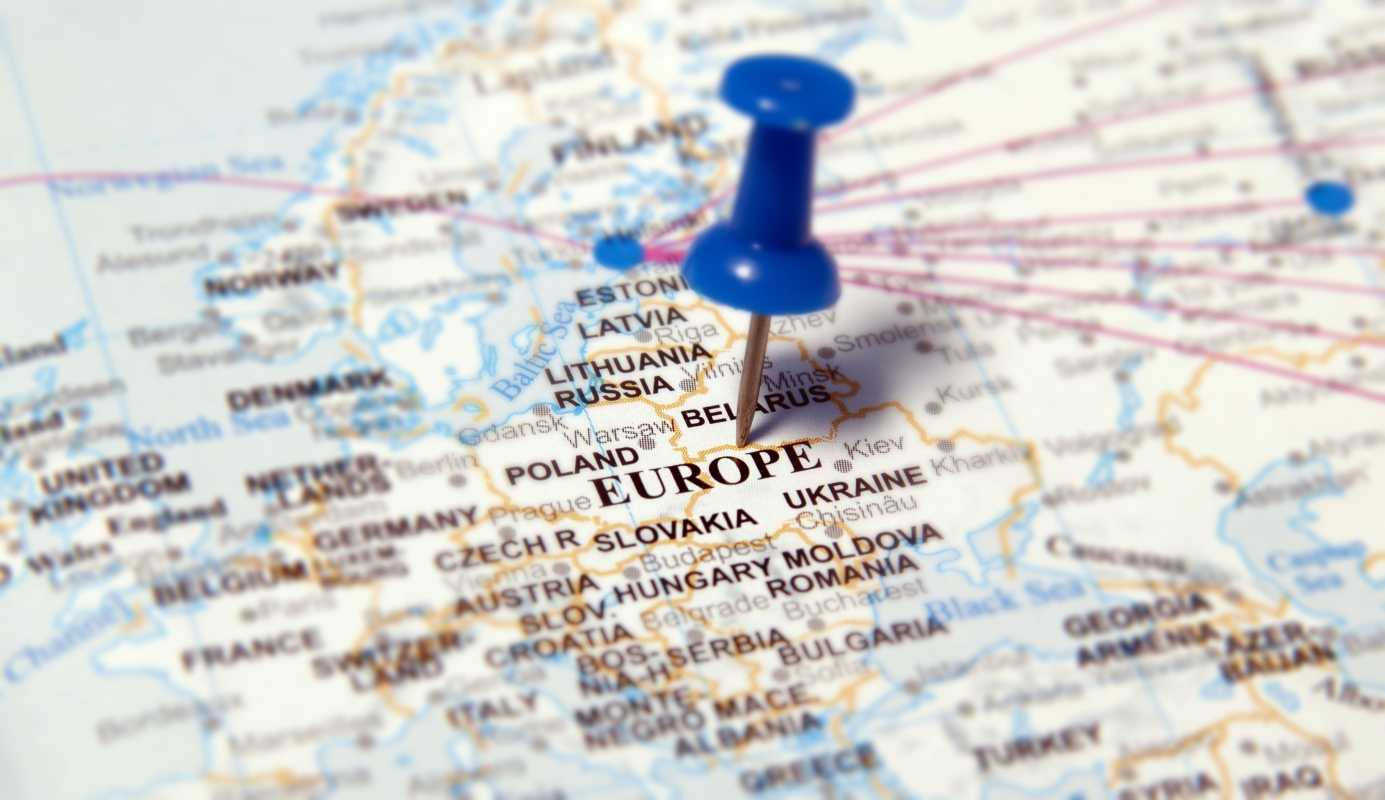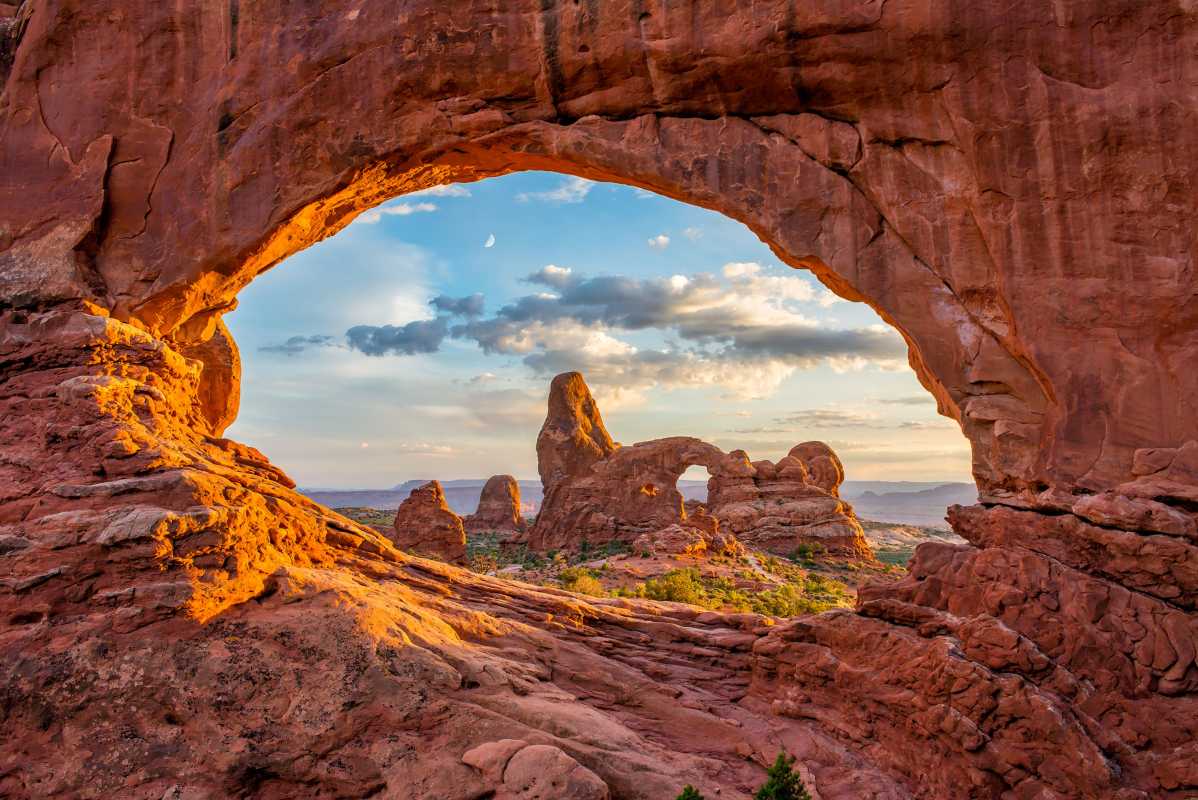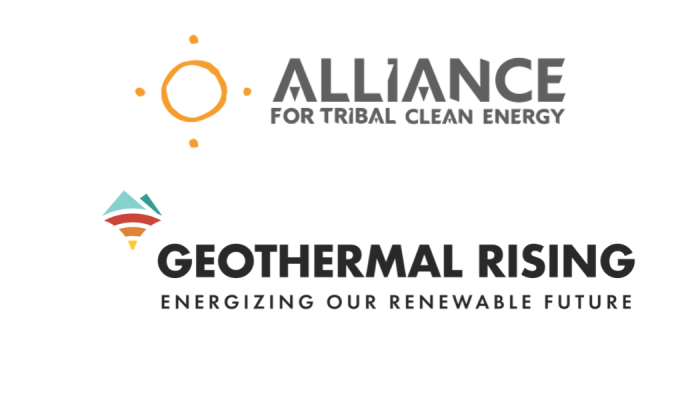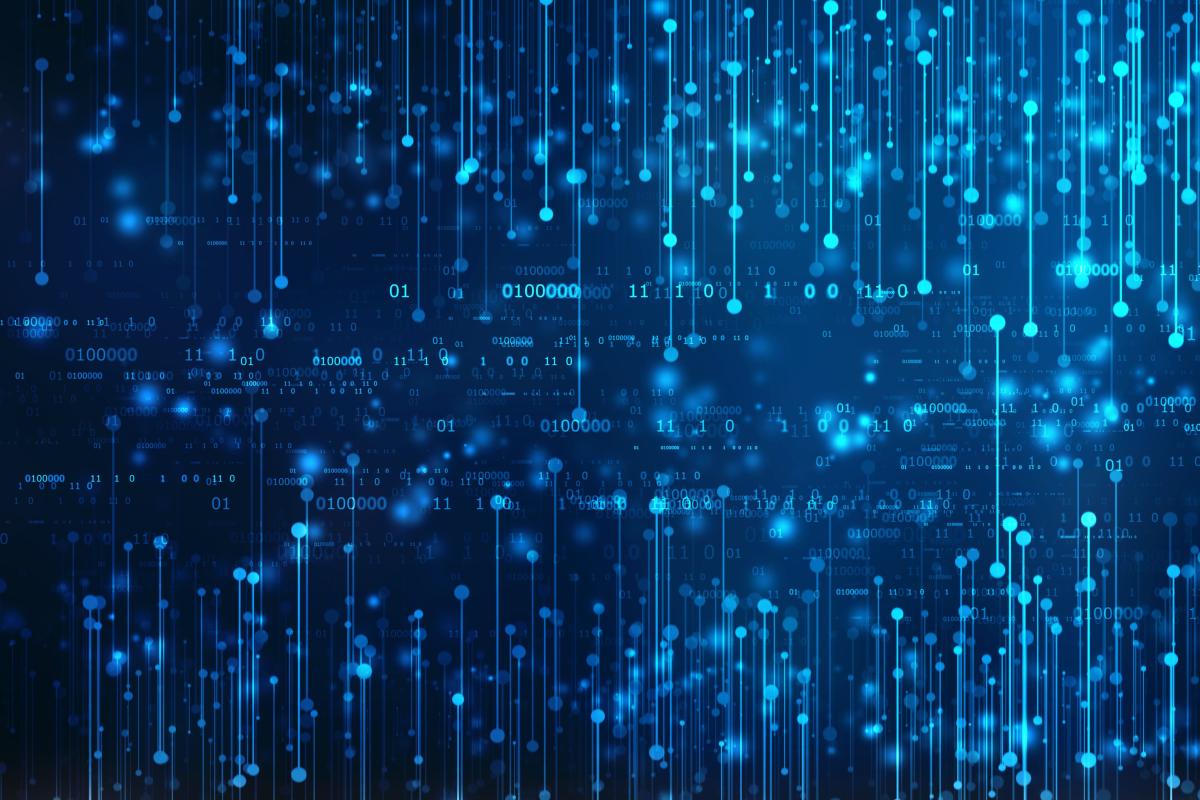Leigha Bradford
Leigha is a registered member of the Little Shell Band of Chippewa Indians of Montana, the most recent Tribe to be federally recognized. She is a Montana native, having grown up under the big sky and on the hills of Butte, MT. Leigha is a first-generation college graduate with a bachelor's degree in Political Science and Governance and a Master of Public Administration from the University of Montana. Although she had little exposure to political and governmental processes growing up, by the time she was a sophomore in high school, Leigha realized that these topics were areas she wanted to become more fluent in, especially as a minority in Montana. She spent many semesters in college studying, researching, and writing about federal processes and their effects on American Indians. Leigha's decision to pursue studies in political science, governance, and public administration has been instrumental in her success in various service-driven roles and organizations she has been part of.
Leigha has dedicated her professional career to service-driven missions, including work with AmeriCorps and Indigenous organizations. She recently concluded her time as the Cultural Services Manager with an Urban Indian Organization (UIO) in Montana, one of five in the state and one of 41 in the United States. During her time at the UIO, Leigha and the Cultural Specialist planned and implemented the Cultural Department to offer urban Natives and non-Natives cultural connection, education, and resources. Leigha and her colleague dedicated significant time to ensuring that urban Natives had a voice, particularly focusing on youth who struggled with their identity as Native individuals in an urban environment.
When Leigha isn’t working, you can find her planning her next NHL hockey trip with her husband, tending to the small garden in her yard, beading, or studying the Ojibwe language, aspiring for future fluency. As her namesake Princess/General Leia would proudly proclaim, “Gi-ga-miinigoz Mamaandaawiziwin” - May the Force be with You.
Angela Lucas is a dedicated leader and advocate for advancing clean energy initiatives within Tribal communities. As the Program Manager for the Tribal Energy Leadership Fellows (TELF) at the Alliance for Tribal Clean Energy, Angela is committed to developing innovative workforce education pathways that empower emerging leaders in the clean energy sector.
Angela Lucas
Angela has held senior leadership positions with public, private, and nonprofit organizations, including roles at the Council for Adult and Experiential Learning (CAEL), Indiana State Museum, and the National Conference of State Legislatures (NCSL), where she engaged directly with Tribal leaders and key stakeholders to advance energy and infrastructure development across Tribal lands.
Through the Energy Providers Coalition for Education (EPCE) and The National Alliance for Communications Technology Education and Learning (NACTEL), she facilitated collaboration between energy and telecommunications employers, corporations, associations, contractors, and higher education institutions to design and promote industry-approved education solutions for workforce training, upskilling, and reskilling.
Angela's journey in workforce development began with delivering job training and placement services to individuals with disabilities, a cause close to her heart. Her professional experience also includes meaningful work at the Indiana State Museum, where she interpreted Indiana Territorial education, law, legislation, and Indigenous history from pre-contact up to 1830.
With extensive experience in cultivating collaborative relationships, Angela possesses a profound understanding of career pathways and education in the energy industry. Her expertise includes collaboration with Tribal Nations and stakeholder engagement to support education and workforce initiatives benefiting Tribal members.
Angela holds a bachelor's degree in Native American Social History and master's degrees in Nonprofit Leadership from Saint Mary of the Woods College. She is actively involved in volunteering with organizations such as American Indian Business Leaders (AIBL), American Indian Higher Education Consortium (AIHEC), Music and Memory and the National Park Service.
Dr. Ramon Sanchez
Dr. Ramon Sanchez, PhD, is Indigenous to the Mayo and Yaqui people of the coastal regions of Sonora and Sinaloa. Dr. Sanchez provides strategic leadership planning for the organization and the tribes it serves, supporting integral sustainable development, innovation, and field knowledge management alongside initiatives for organizational continuous improvement. He also fosters community partnership development, driving change through innovation, education, and workforce training using the best available technological and didactic tools. Previously, Dr. Sanchez held positions as the Director of the Sustainable Technologies and Health Program and Director of Corporate Outreach and Strategy at the Center for Health and the Global Environment at the Harvard T.H. Chan School of Public Health.
With expertise as a Forward Products Engineer specializing in testing new technologies for automotive designs and managing intellectual property and manufacturing systems, Dr. Sanchez brings a wealth of technical experience. Additionally, he shares his knowledge by teaching courses on renewable energy, sustainable business, product design, manufacturing, and supply chain management at the Harvard Division for Continuing Education. His specialties include Energy and Infrastructure Policies, Environmental Management, Biofuels Production, Public Health, and the health effects of automotive technologies. He has led renewable energy projects for many years in Native villages in his homeland, electrifying homes previously without electricity.


